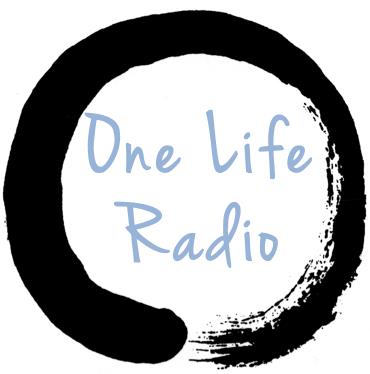Dr. James Dowd is a frequent guest on One Life Radio. You can listen to this episode live at http://oneliferadio.com/monday-sept-28th-2015/. Here are a few of the key points from this interview:
Where did breakfast cereal come from?
- Between the Civil War and the turn of the last century companies like Quaker Oats, Post, General Mills, and Kellogg’s began making and marketing cereals as a convenient healthy replacement for breakfast pork. They had a surplus of grain from advances in farming and milling technologies, and wanted to profit from this surplus. JW Kellogg was a Seventh Day Adventist and Vegetarian. In fact the Kellogg brothers JW/WK argued over the health value of adding sugar to the cereals. His brother WK was more focused on making money. Needless to say the addition of sugar produced greater sales and after the depression sugary cereals began to be heavily marketed to children by all manufacturers. Hence the birth of cartoons and mascots tied to the cereal manufacturers. Waffles and pancakes evolved from the monetizing of the milling industry. Although there were health intensions with the development of Kellogg’s corn flakes this was based on religious beliefs not clinical science and was the exception to the rule of profit. In fact, science still does not play a very big role in the development new breakfast products. This is evidenced by the dramatic changes occurring in the food industry and the new food movement today (rejection of GMOs, organic food, real food, permaculture). Profit margins in the cereal industry average 40-45%.
How important is breakfast?
- It is an opportunity to build fat or protein. It is an opportunity to break down fat. Sugar and starch for breakfast means fat production begins at first light unless you are burning calories at an incredible rate. Protein and veggies at breakfast means building protein starts your day. No breakfast means you burn fat and maybe protein until the first meal. A meal with fat, protein, and veggies (fiber) stimulates a bowel movement. Water is a definite must. We are most dehydrated in the AM when we first arise. Children need to build protein and need calories to burn. Young adults may just need calories to burn, perhaps they just exercise in the morning. Those of us over 40 definitely do not need to stimulate fat production first thing in the AM, but may opt to not eat and burn fat instead. A better question is how old are you, what is your basal metabolic rate, your level of activity, and what are you doing for the 4-6 hours after you get out of bed?
- Recent studies show that a Paleolithic diet pattern improves all parameters associated with the metabolic syndrome. (weight, waist circumference, systolic blood pressure, diastolic blood pressure, total cholesterol, triglycerides)
Should I exercise before or after breakfast?
- If you exercise in the AM you set your BMR on high to start the day. Your calorie burn rate remains higher for hours after you work out. You get less of this with evening exercise. Exercise improves learning and cognition. Most of us need this for our daytime activities. On the contrary exercise such as walking improves measures of risk for cardiovascular disease more in older adults who walked in the evening compared to those who walked in the morning, though both benefited. Again it may depend on the results you seek and the age of the seeker.
Strategies for making a ‘paleo’ breakfast convenient?
- Eat dinner for breakfast. Cook more at dinner so you have some to reheat for breakfast. Always have meat ready to eat. Always have green veggies ready to eat. Cook your veggies with your meat as your reheat. Stop thinking breakfast food!
